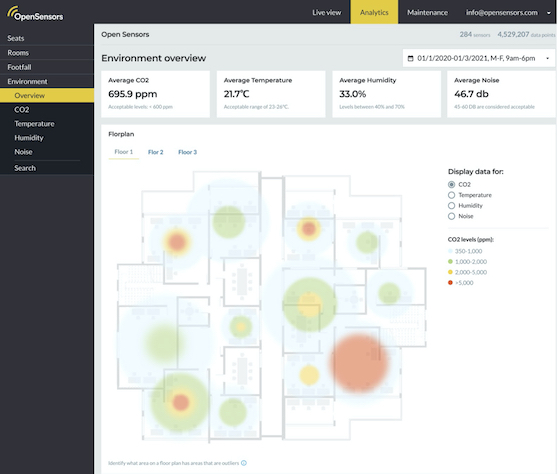Motional, the Aptiv-Hyundai $4 billion joint venture aimed at commercializing autonomous vehicles, plans to launch in 2023 fully driverless robotaxi services in major U.S. cities using the Lyft ride-hailing network.
This is the first time Motional has specified a target date for its robotaxi service. And while Lyft has been a partner with Motional in Las Vegas, this is the first indication that the ride-hailing company will be autonomous vehicle company’s primary partner in its commercialization plans.
The announcement follows Nevada’s approval last month to allow Motional to test fully driverless vehicles — without a human safety driver behind the wheel — on public roads in the state.
Motional and Lyft have been partners for three years, a relationship that kicked off with what was supposed to be a weeklong pilot program to offer rides in autonomous vehicles on the Lyft network in Las Vegas during the 2018 CES tech trade show.
This partnership predates the joint venture with Hyundai. At the time, Motional was known as Aptiv Autonomous Mobility Group. That temporary experiment, which has always included a human safety driver, was extended and still exists today. As of February 2020, the program had given more than 100,000 paid self-driving rides in Aptiv’s — now Motional’s — self-driving vehicles per the Lyft app.
Aptiv’s investment in Las Vegas expanded as those ridership numbers grew. The company opened in December 2018 a 130,000-square-foot technical center in the city to house its fleet of autonomous vehicles, as well as an engineering team dedicated to research and development of software and hardware systems, validation and mapping.
Motional describes today’s announcement as a “quantum leap” for the partnership. The robotaxi services will use next-generation vehicles based on a Hyundai vehicle platform. The vehicles will be integrated with sensors, computers and software to enable fully-driverless operation and remote vehicle assistance. Motional, which today uses BMW 5 Series and Chrysler Pacifica Hybrid minivans, said the fleet will also grow “significantly.”
The companies didn’t provide details on which cities it will offer service in or just how big these fleets will be. Motional has testing operations in Boston, Las Vegas and Pittsburgh. Motional did indicate that this robotaxi service partnership with Lyft will extend beyond the initial launch cities. That doesn’t mean Lyft will be it’s only partner. Earlier this year, Motional struck a deal with on-demand shuttle company Via to launch a shared robotaxi service for the public in a U.S. city in the first half of 2021. The companies said the aim is to develop a “blueprint” for on-demand shared robotaxis and learn how these driverless vehicles can be integrated into mass transit.
“This agreement is a testament to our global leadership in driverless technology. We’re at the frontier of transportation innovation, moving robotaxis from research to road,” Motional President and CEO Karl Iagnemma, said in a statement. “Our aim is to not only build safe, reliable, and accessible driverless vehicles, but to deliver them at significant scale. We’re partnering with Lyft to do exactly that.”



